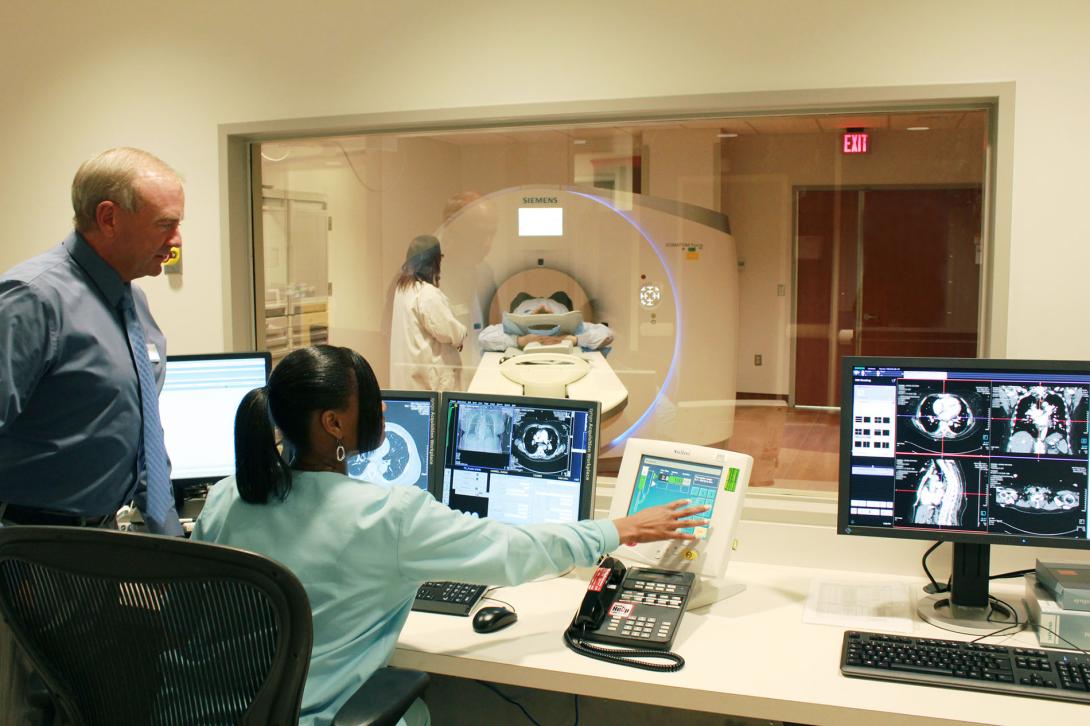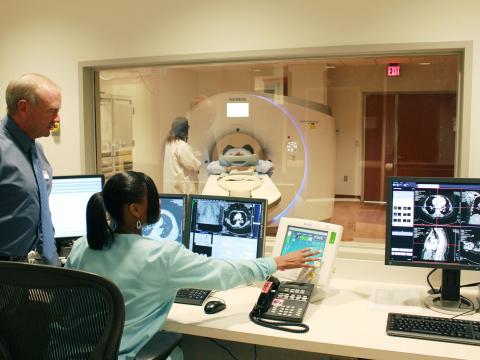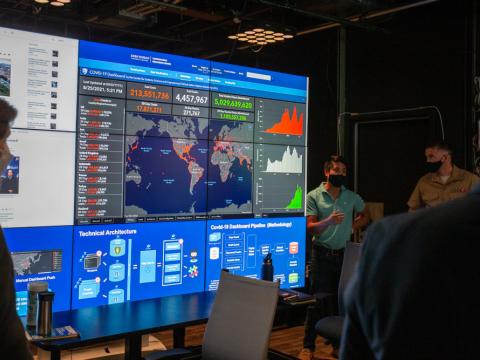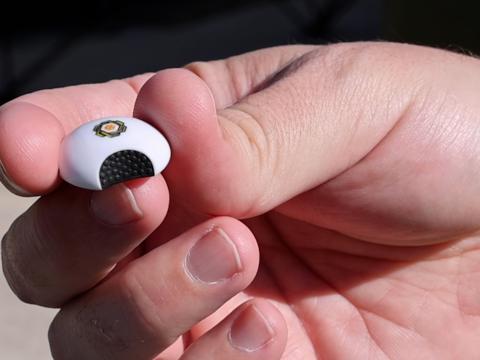Data Sharing as an Act of Service
The U.S. Department of Veterans Affairs (VA) Corporate Data Warehouse is home to more than 22 million individual health records. In collaboration with the Department of Energy’s Oak Ridge National Laboratory (ORNL), the VA is using machine learning to analyze genomic data and help maintain the health of those who served.
With veteran health records collected since 1999, the project is titled MVP-CHAMPION, which stands for Million Veteran Program Computational Health Analytics for Medical Precision to Improve Outcomes Now.
“It’s a fantastic resource for research, but at the same time you need to guard it exceptionally closely because it’s super sensitive,” says Edmon Begoli, founding director of ORNL’s Center for AI Security Research (CAISER).
“Veterans have contributed this data so it can enable many veterans, as a second opportunity to serve,” he added. In addition to the MVP-CHAMPION, Begoli’s former role at ORNL focused on veteran suicide prevention.
The data collected has been paramount in cancer and cardiovascular research, Begoli stated at April’s Defense Writers Group meeting in Washington, D.C.
The best practice in medicine, he explained, is using a machine learning model from a researcher such as the Harvard Medical school, which is successful in detecting specific conditions, and later applying it to the Veterans data set to help make logical decisions.
However, ensuring the model’s safety is of utmost importance. “Data poisoning techniques can influence models to make the wrong decisions at the right time,” Begoli shared.
“For instance, if you want to slip malware into the network, you can poison the training data set to put certain markers into benign data sets, so when you encounter malware that has the same marker, the model will think, ‘Oh! This is the benign; let it go through!”
With a primary goal of protecting veterans’ data and health, the question posed was: how safe is artificial intelligence (AI)?
This triggered the pursuit of a systematic approach to AI, now known as CAISER.





Comments